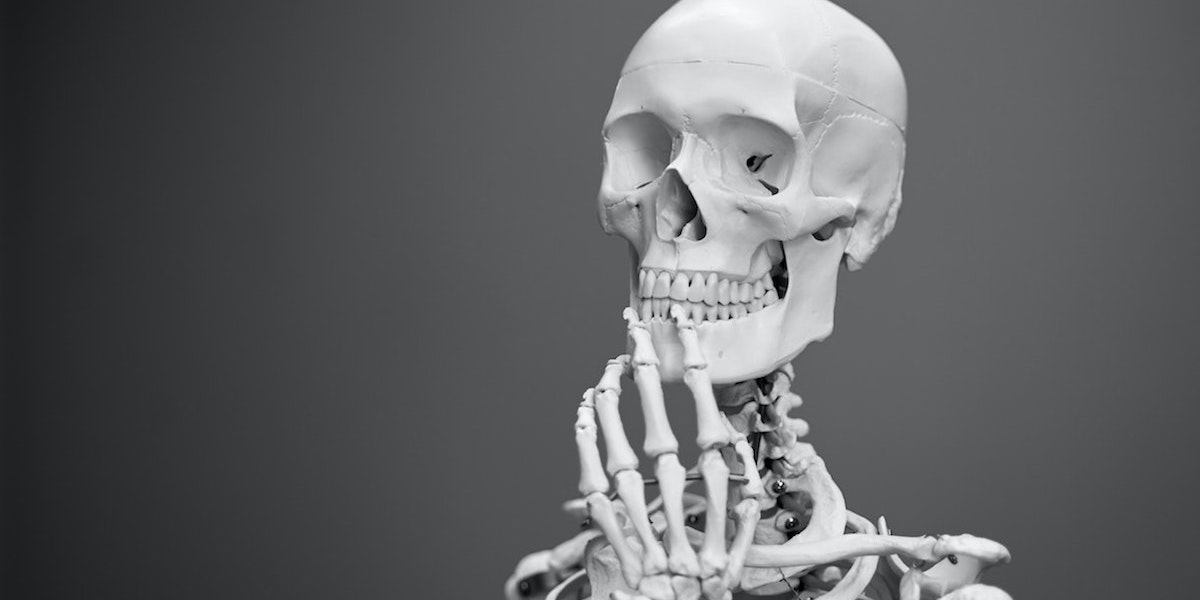dmaziuk
Contributor
So the only objection is the BMI? No other contraindications to diving such as specific illness or medical condition?
46 is a lot, google for it. It's fine if you're a heavyweight Olympic lifter, but then it wouldn't come as a surprise. And conversely if it does come as a surprise, it's really worth considering spending your money on lipid panel and metabolic panel and DEXA scan now, and leaving the OW course for later.








